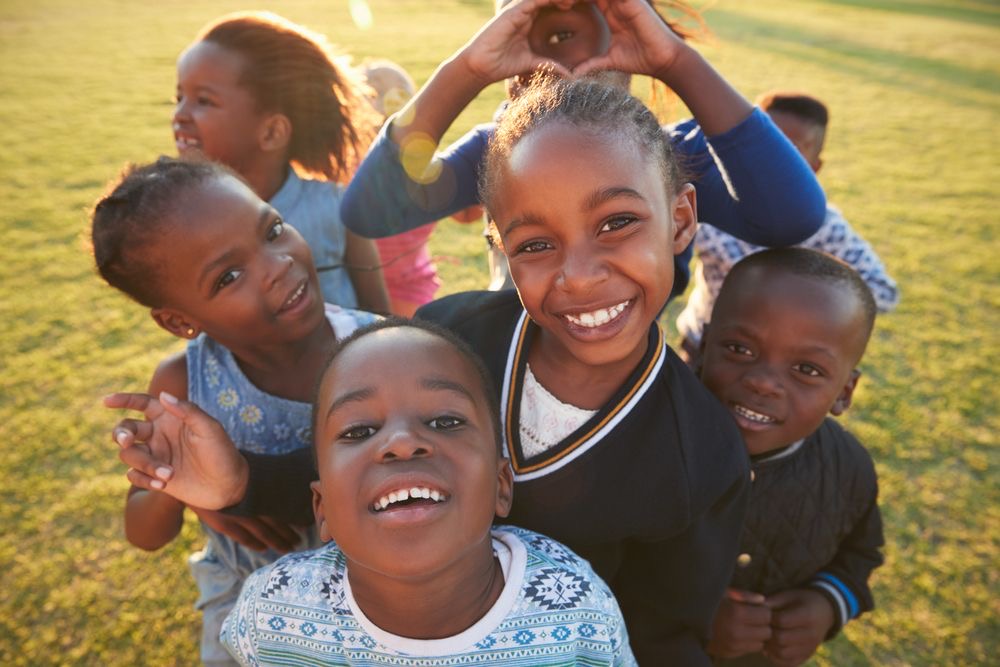A collective concern
When an individual falls ill, nothing can seem more solitary. But, in fact, one person’s health is a collective concern profoundly influenced by political choice.
The COVID-19 pandemic underscores this truth. It has taken more than 4 million lives and devastated the global economy. The pandemic has pushed an additional 124 million people into extreme poverty and increased the total number of those without enough to eat by nearly 320 million. As a result, in 2020, nearly one in three people lacked access to adequate food. Violence against women is rising, students are out of school, and all of this is slowing progress towards achieving the Sustainable Development Goals.
The world has learned the hard way that health equity, solidarity and cooperation are essential to the common good. That is why all need to prioritise the clear political choice to strengthen health systems so that they can adapt to evolving demographic, environmental and epidemiological challenges.
This requires a One Health, whole-of-society approach that includes addressing underinvestment and strengthening national health systems, which are at the core of a synergistic approach to prevent, prepare for and respond to future outbreaks and other health emergencies. These health systems will ensure that physical and mental health services are accessible to everyone at all times – even in crisis.
The COVID-19 pandemic is a problem without a passport. It crosses borders indiscriminately and affects people in all countries, confirming that we are only as strong as the weakest system, meaning no one is safe until everyone is safe and health is a global public good.
The spirit of cooperation
Global health threats demand multilateral responses. The United Nations is bringing countries together in a spirit of cooperation and solidarity. Prior to the pandemic, UN member states, the UN Development System and major global health actors joined forces, through the Political Declaration on Universal Health Coverage and the Global Action Plan for Healthy Lives and Well-being for All, to accelerate national progress towards these ends and advance the SDGs.
In response to the COVID-19 pandemic, the Access to COVID-19 Tools Accelerator , including its COVAX facility – the one global tool to procure and deliver vaccines for low- and middle-income countries – stands out as an example of success for ensuring equitable access. It has shipped more than 220 million vaccines, with many more in the pipeline.
COVID-19 is a stark reminder that nationalism in the face of a global threat poses risks to us all. As a global community acting with shared purpose, we can make the choice to recover better, leveraging the pandemic response to promote investments in public health functions and preparedness, to enable research, innovation and learning, to strengthen primary health care, and to address inequalities within and among countries.
One such opportunity is the importance of local manufacturing of vaccines and other health commodities as a key component of pandemic preparedness and response. In particular, there is an urgent need for sustained production capacity in low- and middle-income countries that will strengthen regional and global health security, expand equitable access to health products and facilitate scaling up routine national immunisation programmes.
This devastating pandemic has proved that the world urgently needs strong political will for effective solidarity to save lives and build a healthier and more equitable world. ▪












